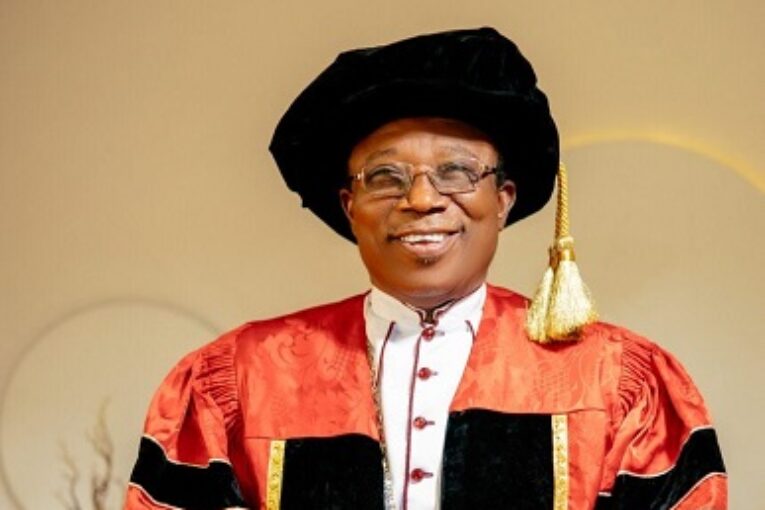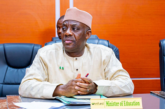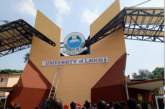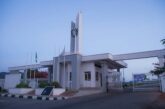
The Vice Chancellor of Wesley University, Ondo Town, Ondo State, Prof. Samuel Obeka, has called on the Federal Government to decentralise the National Youth Service Corps scheme to enable graduate youths to receive security training.
Obeka, who expressed concern over the rising insecurity in parts of the country, said it was high time Nigerians were licensed to carry arms to defend themselves.
The don, who is also a clergyman in the Methodist Church of Nigeria, made the call on Thursday at a press briefing on the university campus ahead of the institution’s upcoming convocation ceremony.
He suggested that the one-year mandatory NYSC scheme could be used for security training to teach graduate youths how to handle weapons for self-defence.
He said, “Today, every clergyman is worried and disturbed that adequate attention has not been paid to human life like animals. It looks like the life of animals seems to be more appreciated than that of humans. When I watch online messages and some of the messages we see around today, it is obvious that the country is going through a traumatic experience and requires urgent intervention to save the nation from disaster.
“A country where free fellowship has become an issue of concern that borders also on our constitutional rights as citizens. A country where we can no longer travel freely as we would have loved. In those days, some of us travelled at night to Maiduguri for a crusade. We travelled to Damaturu, we travelled to Jos on the road, and we enjoyed free driving. Where have we gone wrong? A situation where just a few sets of people tagged as insurgency groups have weapons and they attack innocent citizens freely without being arrested is becoming an issue of great concern.
“If I am to recommend, it has come to a stage where Nigerians must have the liberty to use weapons and be trained to use weapons. What we call the national youth service today, if possible, should be decentralised. After secondary school, there should be a national youth service where children are trained in the use of weapons for self-defence. I will also suggest a second NYSC, which will be after the degree program, as the second level of training, so that every Nigerian, especially in academia, should be licensed to use weapons. If everybody is licensed, the idea of attacking somebody on the road will be minimised because the attacker and the person being attacked are both trained in the use of ammunition.”
Obeka, however, noted that the university prioritises the security of staff and students, stating that the safety of students is paramount in the faith-based institution.
He said, “In terms of security, it’s one of our priority areas in Wesley University. As you go around, you discover that the hostel environment is fenced. We have the first fence and the second fence. We also strategise with security posts. Today, we have the Central Security Administration and the Second Security Administration strategically located in the hostels.
“Wesley University is the only university today in Nigeria, known to me, that has employed guardian counsellors and special security support for hostel administration. Hostels at Wesley University have guardian counsellors attached with security responsibilities. There are also other security preparations in terms of training our boys’ brigade, ensuring a constant security initiative and enlightenment.”
On the university’s development, Obeka said the Methodist Church of Nigeria had expressed concern about the institution’s slow growth. Drawing from his experience in leading universities in Nigeria and abroad, he repositioned the university, securing full accreditation for all inherited programmes and adding 27 new academic programmes to the initial 23.
He disclosed that the College of Medical and Allied Health Sciences and the Law faculty have been fully accredited, adding that Wesley University remains the only institution in Nigeria offering a full PhD in Theology.
He also said, “We are the only university where deaf students can study and conduct research up to PhD level, with full hostel facilities and sign language interpreters.”
The VC highlighted massive infrastructure upgrades, including rehabilitated hostels, restored vehicles, and upgraded medical and academic facilities.




